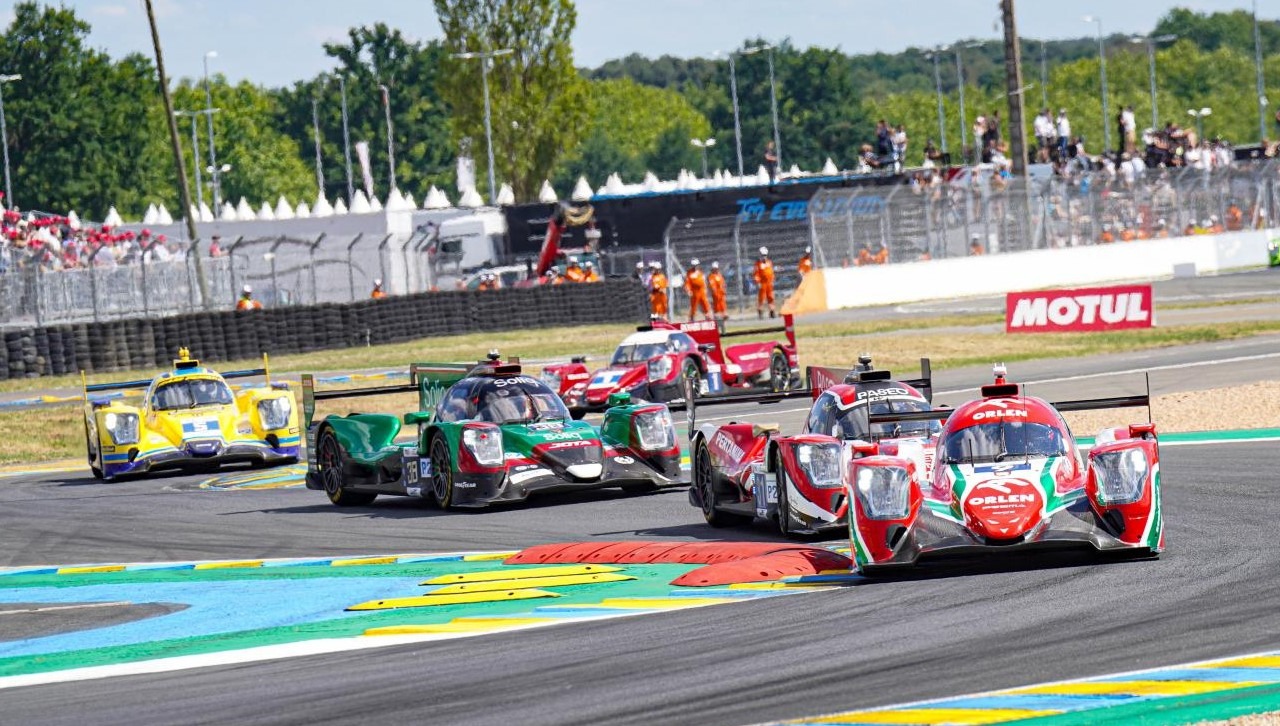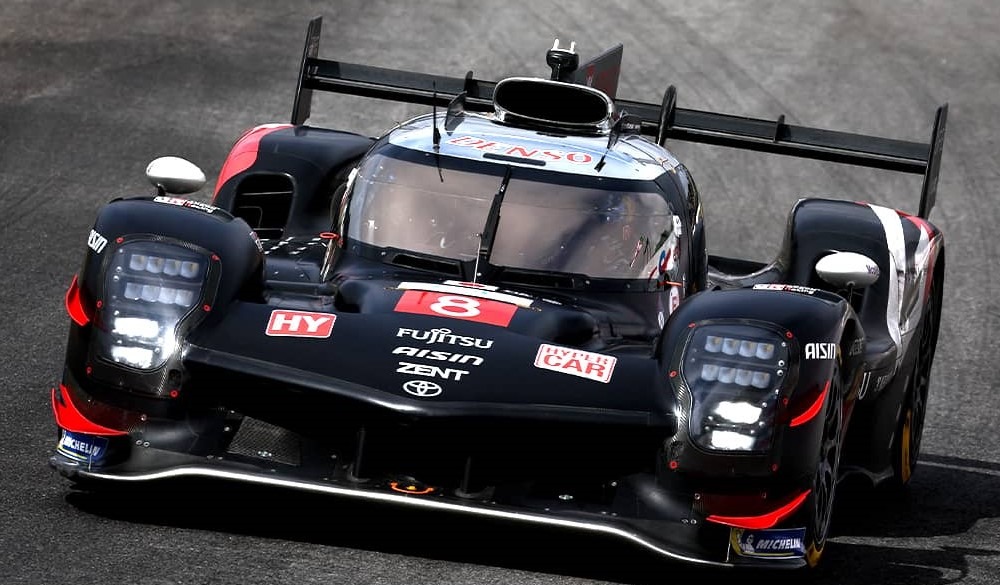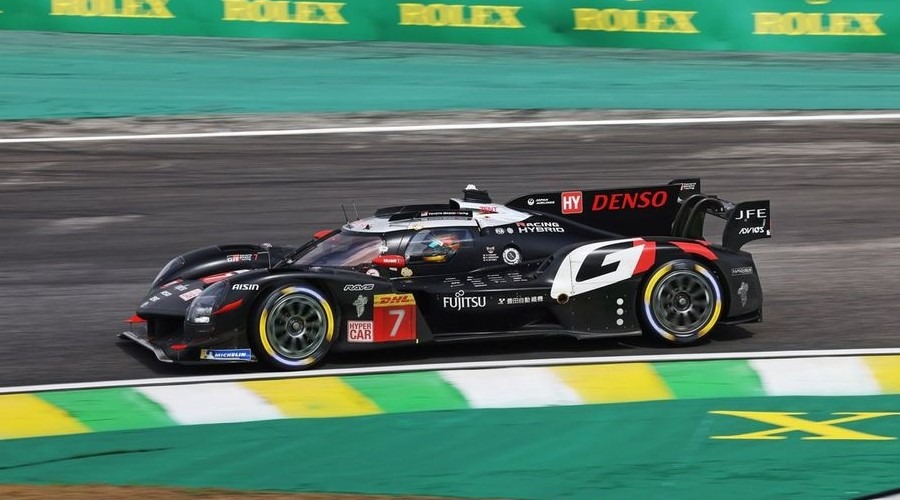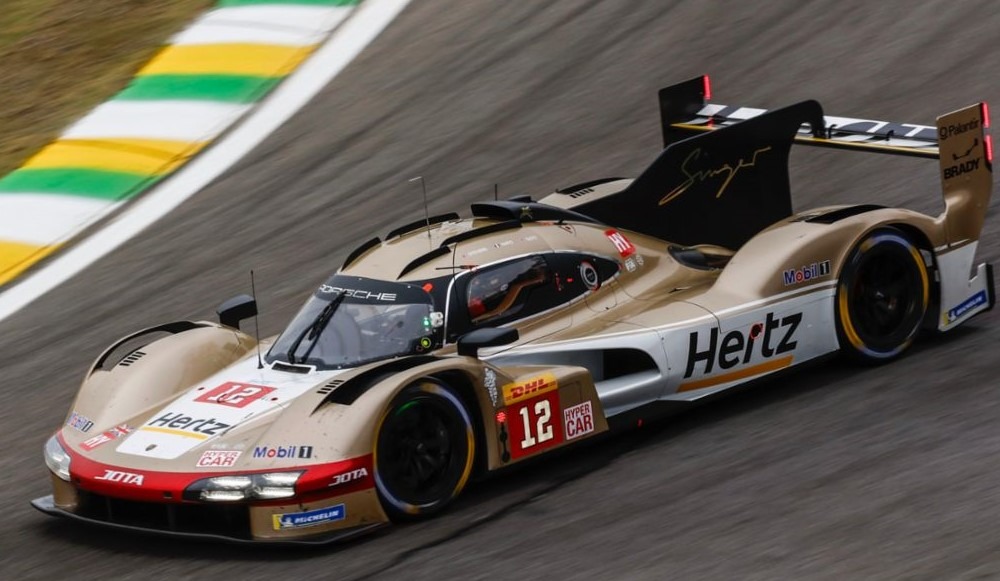British engine manufacturer Gibson Technology will continue to be the only supplier in the LMP2 class of sportscar racing when the next generation of chassis becomes gets underway in 2026.
Officials from the FIA and ACO announced on Friday that Gibson Technology will keep supplying the specified engine in the LMP2 class for the platform’s new set of regulations starting in 2026.
The British marque came out on top over several other bids, including one that is believed to have involved Mecachrome and ORECA, to conduct the tendering process over a new five-year period.
“The tendering procedure took several factors into account, such as performance, weight and reliability, running and maintenance costs of the unit, spare parts cost as well as the bidding company’s infrastructure and customer service abilities, its sustainability, plus its environmental and carbon footprint,” a statement from the ACO read.
The engine will be a 4.2-liter naturally aspirated V8, identical to the specification GK428 unit it has provided for the current LMP2 class since it was introduced in 2017.
The four current LMP2 suppliers, ORECA, Dallara, Ligier, and Multimatic, with licenses to operate into the new regulatory cycle were confirmed as far back as January 2020, will be powered by Gibson’s engine.
One of these concepts must serve as the foundation for an LMDh hybrid that competes in either the IMSA SportCar Championship or the World Endurance Championship.
LMP2 will continue to be a class in the IMSA WeatherTech SportsCar Championship, European Le Mans Series, Asian Le Mans Series, and will continue to compete in the 24 Hours of Le Mans despite being dropped from the FIA World Endurance Championship for the upcoming season.
However, the Le Mans 24 Hours double-points round in June will be open to at least 15 cars from these series. Despite P2’s removal from the WEC for the upcoming season, the ACO has reaffirmed its dedication to the technology. It is a crucial part of what club president Pierre Fillon refers to as the endurance pyramid.
The implementation of the new P2 rules has been repeatedly postponed. Initially, the current-spec car was expected to have a four-year lifespan before having it quickly extended for at least one more season.
In December 2022, it was announced that the new regulations would finally be introduced in 2026. This means when the current formula is finally replaced, it will have been in use for nine years.





